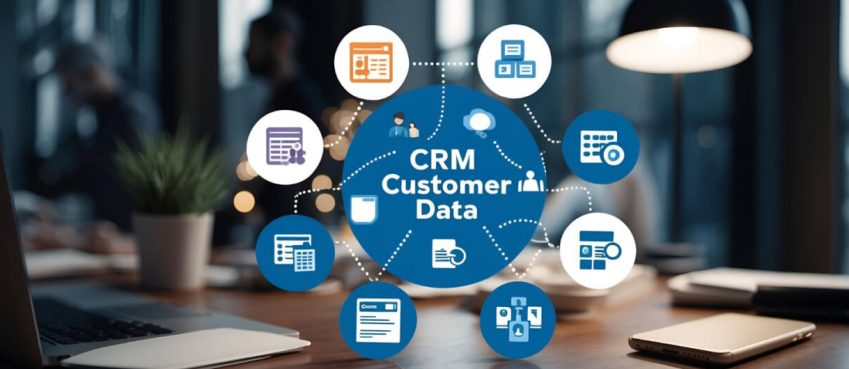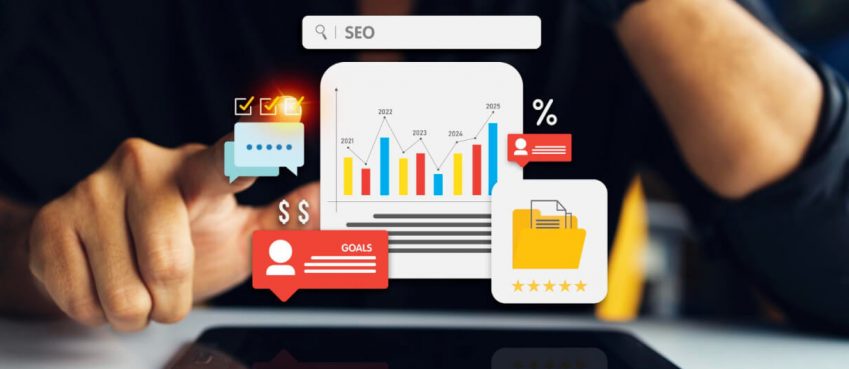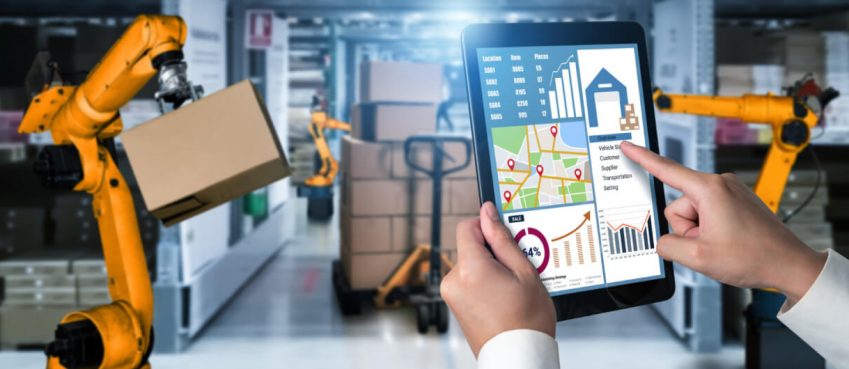
Global Workplace Analytics claims that remote work has grown by 159% since 2009. Owl Labs, however, states that it has increased by 55% over the past five years. With the pandemic, remote work and remote employee monitoring have soared, and so have doubts as to how to do it in conformity with the law.
Remote Employee Monitoring is Growing
Two months into lockdown -May 2020- around 20% of surveyed organizations had acquired remote work monitoring software, according to a Gartner research.
Fast-forward to 2021, 48% of employees are believed to somehow do remote work after the pandemic, 18% more among those who worked remotely at least part-time before the pandemic.
There are several reasons for companies to monitor their employees -trust, cybersecurity and backups, and productivity monitoring. Josh Bersin, an HR industry analyst at the Josh Bersin Academy, says that if the idea is to benefit employees it’s great. If it’s for evaluating employees it’s dangerous and if it penalizes them it’s probably not a good idea.
This is due to the fact that the relationship between employer and employee has been thrown into turmoil during Covid times. Moreover, the doubts regarding the productivity of remote work vary depending on who is asked to and how each individual adjusts to this new reality.
However, trusting someone to do their job properly is a key requirement for remote work. This is especially true when Tecla research shows that 85% of managers believe that remote workers will soon be the norm.
Brian Kropp, Gartner’s chief of research in HR, said that monitoring includes everything from technology that can take photos of employees using their laptops to tools that track keystrokes and allow workers to track productivity levels.
Also read: [New] Top 10 Opus Clip Alternatives To Create Viral Short Clips
Pros Of Remote Employee Monitoring
Remote employee monitoring has many benefits. It allows for teams to be aligned and keeps tabs on their productivity.
Software monitoring can help improve employee productivity by measuring how much time coworkers spend on the company’s behalf, from their arrival time to when they leave. This can be done from anywhere in the world.
So, employers can see if workers, for instance, spend endless hours on social media or browse other pages that have nothing to do with their daily contracted activities. They can also take steps to help employees who are having difficulties with clients or projects.
Monitoring can also help with billing and budget management. A client’s satisfaction will be affected by an accurate measurement of their project timelines and the resources they have been allocated.
Also read: What Is The Best Time ⌛ and Day 📅 To Post On Instagram? It Is Definitely NOT ❌ Sunday (A Complete Guide)
Cons Of Remote Employee Monitoring
It is impossible to detach employee monitoring from an ethical frame. “Employees may feel their privacy has been devalued or violated, and it may be difficult to retain employees if monitoring seems intrusive,” according to HR Daily Advisor.
“Monitoring could signal a lack trust, which can lead to resentment and lower employee morale.
Gartner’s January 2021 research shows that less than half of workers are comfortable entrusting their company with their data. 44% don’t know anything about the data companies collect.
Brian Kropp states, “If it is really about ‘Are people productive? You might be able to show it with better tools.
“If you use it to understand your employee’s experience, what is difficult for them, what’s broken, and what are they spending their time on, that’s where productivity gains are.”
Also read: How To Stream On Twitch? Twitch Streaming Guide For Streamers, Gamers, and Fans! (2024 Updated)
How to do it right
Jennifer Betts, OgletreeDeakins’ employment lawyer, says that “most instances state laws require” you to give employees advance notice about your monitoring in order to protect their privacy rights. It is best to obtain the consent of employees for monitoring in writing.
Additionally, Usamakahf, a partner at Fisher Phillips, asserts that employees have an expectation of privacy when using personal computers or phones unless another company policy has been communicated in writing.
With regards to independent contractors, companies could be traversing a trickier, pricklier path, since hiring this type of workforce and using any kind of tracking and monitoring software on them, “could affect their work status at your company,” according to Flex Jobs.
The remote job website says that independent contractors are allowed to do their work “how and when they want.” This is especially so, as independent contractors use their own personal devices like phones, tablets, or laptops.
“If you, as an employer, are tracking and monitoring them, you may be controlling or directing their work, turning their independent contractor status into employee status.”
Specialized website Creators emphasizes that “Spying on your independent contractor’s online activity dramatically increases the risk that the IRS or some other government agency will reclassify your independent contractors as ’employees,’ with disastrous consequences for you and your business.”
Top 10 News
-
01
Top 10 Deep Learning Multimodal Models & Their Uses
Tuesday August 12, 2025
-
02
10 Google AI Mode Facts That Every SEOs Should Know (And Wha...
Friday July 4, 2025
-
03
Top 10 visionOS 26 Features & Announcement (With Video)
Thursday June 12, 2025
-
04
Top 10 Veo 3 AI Video Generators in 2025 (Compared & Te...
Tuesday June 10, 2025
-
05
Top 10 AI GPUs That Can Increase Work Productivity By 30% (W...
Wednesday May 28, 2025
-
06
[10 BEST] AI Influencer Generator Apps Trending Right Now
Monday March 17, 2025
-
07
The 10 Best Companies Providing Electric Fencing For Busines...
Tuesday March 11, 2025
-
08
Top 10 Social Security Fairness Act Benefits In 2025
Wednesday March 5, 2025
-
09
Top 10 AI Infrastructure Companies In The World
Tuesday February 11, 2025
-
10
What Are Top 10 Blood Thinners To Minimize Heart Disease?
Wednesday January 22, 2025







